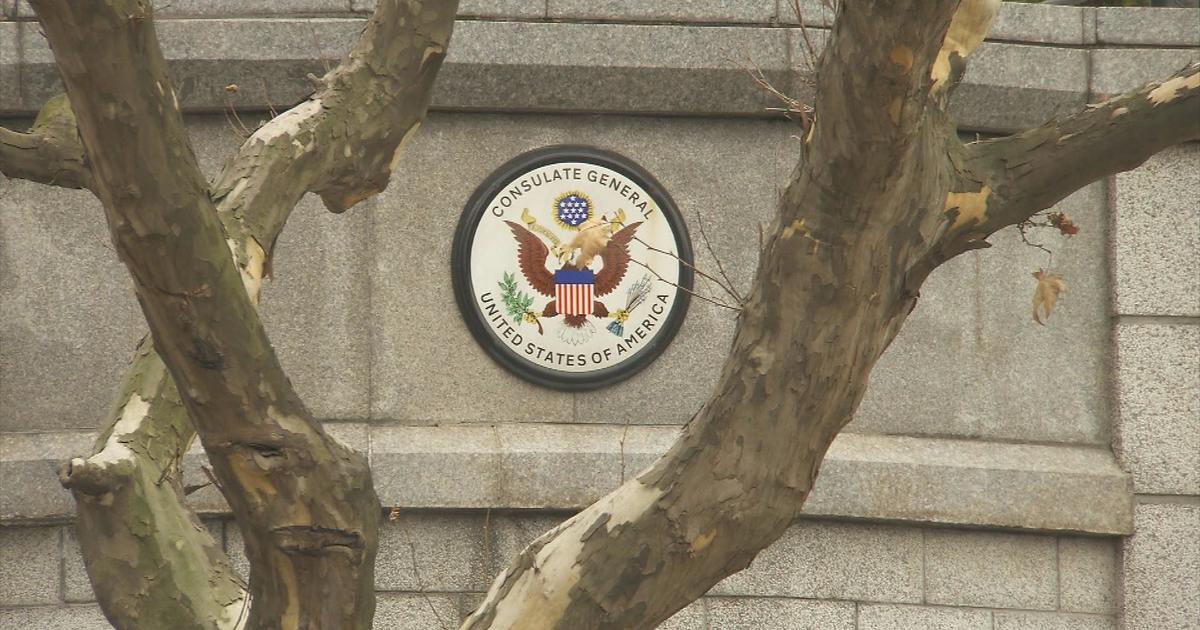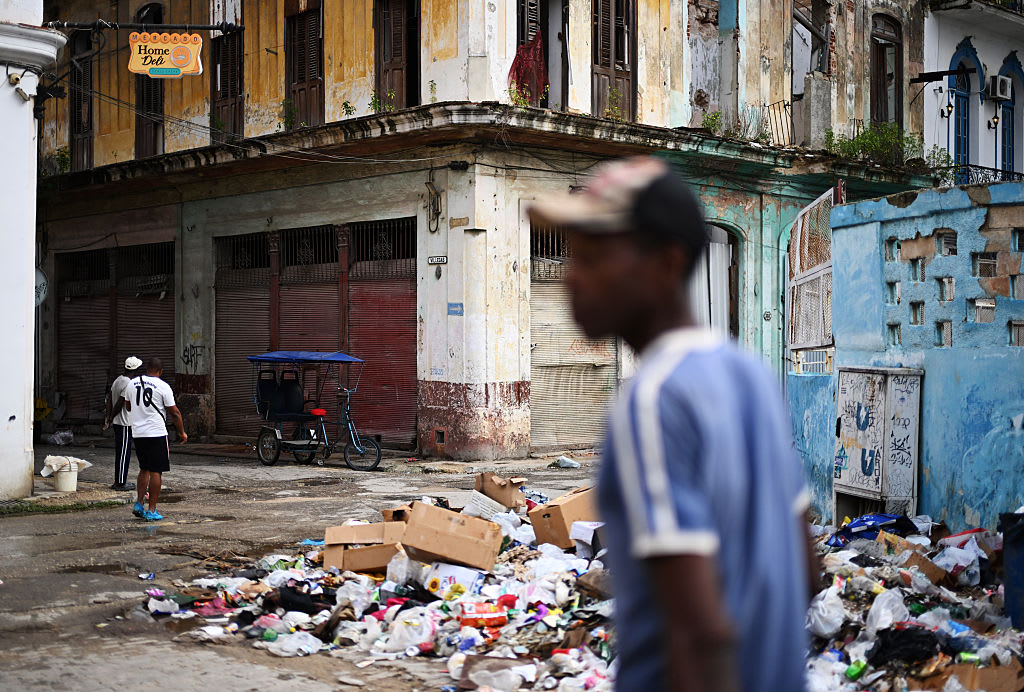Diplomats in Cuba suffered "health attacks," Tillerson says
HAVANA -- Secretary of State Rex Tillerson says that U.S. diplomats in Havana have been the victims of "health attacks" that left them with hearing loss - the most definitive U.S. statement yet on a series of mysterious incidents that have longtime observers puzzled.
In the fall of 2016, a series of U.S. diplomats began suffering unexplained losses of hearing, according to officials with knowledge of the case. Some of the diplomats' symptoms were so severe they were forced to cancel their tours early and return to the United States, officials said. The State Department said Wednesday that there had been "incidents which have caused a variety of physical symptoms."
Tillerson said Friday that "we hold the Cuban authorities responsible for finding out who is carrying out these health attacks."
The Cuban government flatly rejected the allegations on Wednesday, saying in a lengthy statement that "Cuba has never permitted, nor will permit, that Cuban territory be used for any action against accredited diplomatic officials or their families, with no exception."
A source familiar with the incidents told CBS News that as many as eight or nine U.S. government employees had their assignments cut short due to the severity of the symptoms, but others affected remain on the island after being "encouraged not to leave."
Sources said Thursday that similar reports of headaches and hearing loss are coming from people within the Canadian embassy in Cuba. In the home of one top Canadian official, everyone in the residence including Cuban employees were taken to CIMEQ hospital where top government leaders are treated-- for examination by an ENT specialist. The Cuban employees were then sent home for the day and Canadian security was brought in for a thorough sweep of the house.
After months of investigation, U.S. officials concluded that the American diplomats had been exposed to an advanced device that operated outside the range of audible sound and had been deployed either inside or outside their residences. It was not immediately clear if the device was a weapon used in a deliberate attack, or had some other purpose.
The U.S. officials weren't authorized to discuss the investigation publicly and spoke on condition of anonymity.
The Wednesday night statement from the Cuban Foreign Ministry said it had been informed of the incidents on Feb. 17 and had launched an "exhaustive, high-priority, urgent investigation at the behest of the highest level of the Cuban government.
State Department spokeswoman Heather Nauert said the U.S. retaliated by expelling two Cuban diplomats from their embassy in Washington on May 23. She did not say how many U.S. diplomats were affected or confirm they had suffered hearing loss, saying only that they had "a variety of physical symptoms."
Cuba's government called the decision to expel the two Cuban diplomats "unjustified and baseless."
Intelligence experts told CBS News it could also have been a routine intimidation campaign taken to another level.
"This could be new technology that had a side effect that no one had expected," said Vince Houghton, an intelligence historian and curator at the International Spy Museum. "On the other hand, it could have been designed ... to harass, to make people feel uncomfortable."




